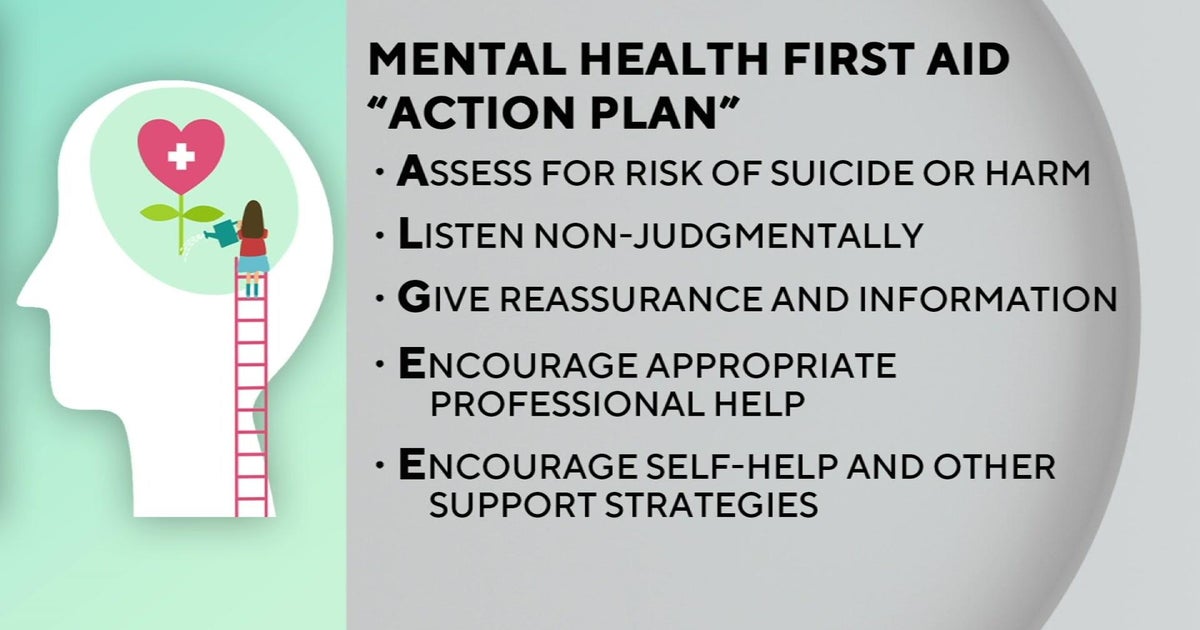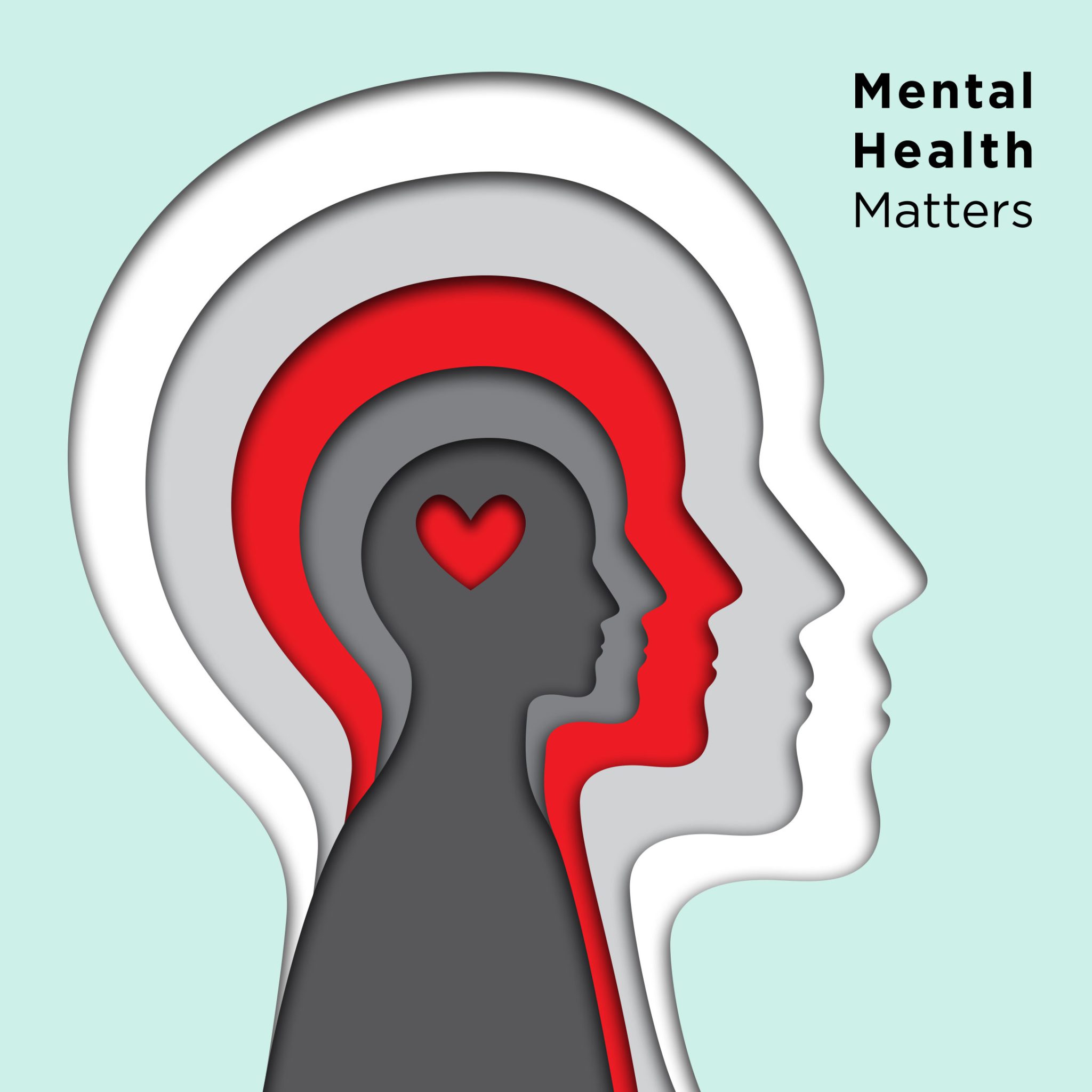May marks Mental Health Awareness Month, serving as a reminder of the importance of mental well-being. However, mere awareness is insufficient; practical intervention skills are essential in addressing mental health crises effectively.

CPR for the Mind
Analogous to cardiopulmonary resuscitation (CPR) for physical emergencies, Mental Health First Aid courses aim to equip individuals with the skills to assist others experiencing mental health crises. These courses, designed for non-mental health professionals, empower participants to recognize signs and symptoms and offer initial support.
Empowering the Community
Dr. Allison Golden, a licensed psychologist, underscores the universal applicability of Mental Health First Aid, emphasizing its relevance in everyday situations. Nicole Melendez, Vice President of Strategy for the Boys and Girls Clubs of Broward County, shares her experience as a certified Mental Health First Aid responder, highlighting the value of fostering open conversations about mental health.
Comprehensive Training & Learning Objectives
The Mental Health First Aid course, administered by the Jeff Masarek Behavioral Health Center at Goodman Jewish Family Services, spans eight hours, blending in-person and virtual components for flexibility. Dr. Golden emphasizes the course’s interactive nature, combining lectures, activities, and hands-on practice to enhance learning effectiveness. Participants in Mental Health First Aid training learn essential strategies, including assessing suicide risk, providing non-judgmental listening, offering reassurance and information, encouraging professional help-seeking, and promoting self-help and support strategies. These skills equip individuals to respond effectively to mental health crises and offer timely support to those in need.
Promoting Accessibility and Support
Dr. Golden emphasizes the importance of destigmatizing mental health discussions and encouraging resource access. Melendez echoes the sentiment, expressing gratitude for the practical toolkit Mental Health First Aid provides in offering support and guidance to others. State funding enables the provision of Mental Health First Aid training at no cost, enhancing accessibility and promoting widespread adoption of these critical intervention skills. By eliminating financial barriers, communities can empower individuals to play an active role in supporting mental health and well-being.

Beyond raising awareness, Mental Health First Aid training embodies proactive efforts to equip communities with practical intervention skills. Through comprehensive courses, individuals gain the confidence and capability to provide timely support to those experiencing mental health crises, fostering a culture of empathy, understanding, and support.
